Unveiling The World Of Makeup Artistry: A Comprehensive Guide To Courses And Career Paths
Unveiling the World of Makeup Artistry: A Comprehensive Guide to Courses and Career Paths
Related Articles: Unveiling the World of Makeup Artistry: A Comprehensive Guide to Courses and Career Paths
Introduction
With great pleasure, we will explore the intriguing topic related to Unveiling the World of Makeup Artistry: A Comprehensive Guide to Courses and Career Paths. Let’s weave interesting information and offer fresh perspectives to the readers.
Table of Content
Unveiling the World of Makeup Artistry: A Comprehensive Guide to Courses and Career Paths
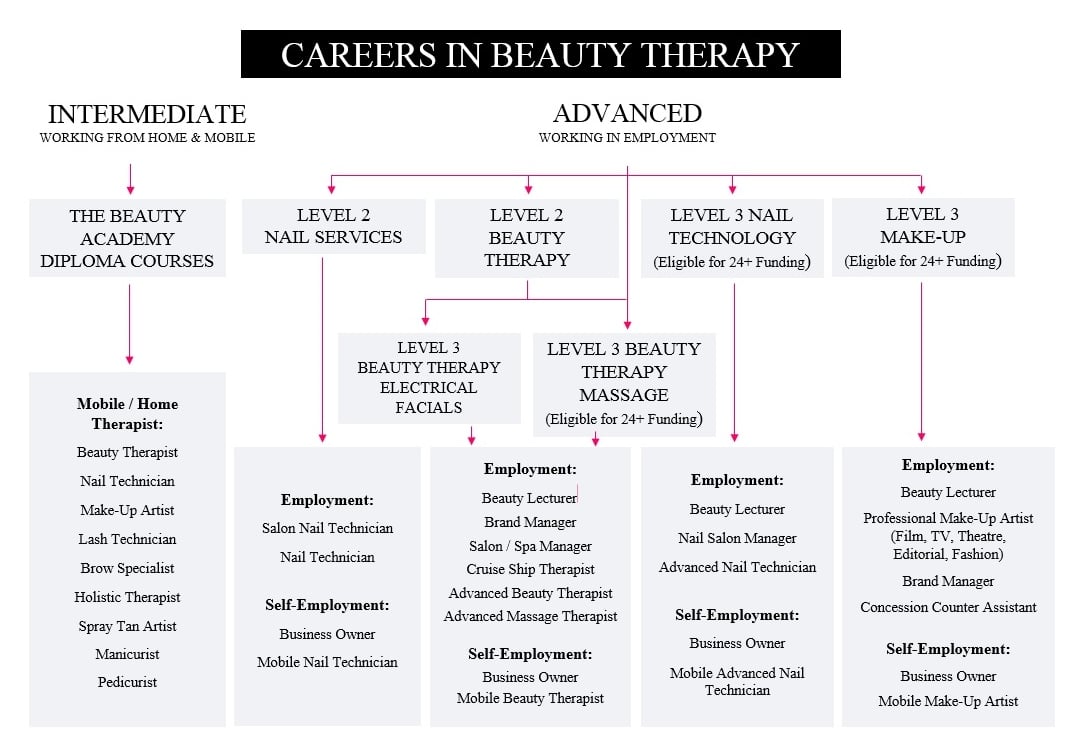
The allure of makeup artistry lies in its ability to transform, enhance, and celebrate individual beauty. It’s a creative field that blends artistry with technical skill, offering a rewarding career path for those with a passion for aesthetics and a desire to make others feel confident and radiant. This comprehensive guide delves into the world of makeup artist courses, exploring their diverse offerings, benefits, and the pathways they pave towards a successful career in the beauty industry.
Understanding the Landscape of Makeup Artist Courses
Makeup artist courses come in various formats, each catering to different levels of experience and career aspirations.
1. Introductory Courses: These courses provide a foundational understanding of makeup techniques, product knowledge, and the fundamentals of skincare. They are ideal for beginners interested in exploring the world of makeup or those seeking a basic skillset for personal use.
2. Diploma Courses: Diploma courses delve deeper into the intricacies of makeup artistry, covering advanced techniques, specialized applications, and the business aspects of the profession. These courses are designed for individuals seeking a comprehensive education and a professional qualification.
3. Specialized Courses: Catering to specific areas of makeup artistry, these courses focus on niche skills like bridal makeup, airbrush makeup, special effects makeup, or theatrical makeup. They equip students with specialized knowledge and techniques for their chosen area of expertise.
4. Online Courses: Offering flexibility and accessibility, online courses provide self-paced learning opportunities for individuals who cannot attend traditional classes. These courses often include video tutorials, interactive exercises, and access to online communities.
5. Workshops and Masterclasses: These intensive, short-term programs offer focused training on specific techniques or trends. They are ideal for professionals seeking to refine their skills, stay up-to-date with industry advancements, or learn from renowned makeup artists.
Benefits of Pursuing a Makeup Artist Course
Beyond acquiring technical skills, makeup artist courses offer numerous benefits that contribute to professional growth and career success.
- Mastering Techniques: Courses provide a structured learning environment where students can refine their skills under the guidance of experienced instructors. They learn to apply makeup flawlessly, understand color theory, and master different techniques for various occasions.
- Expanding Product Knowledge: Courses introduce students to a wide range of makeup products, their properties, and application techniques. This knowledge empowers them to select the right products for different skin types, tones, and desired looks.
- Developing a Professional Portfolio: Courses often encourage students to build their portfolios by creating makeup looks for different occasions, showcasing their skills to potential clients and employers.
- Networking Opportunities: Courses provide valuable networking opportunities with fellow students, instructors, and industry professionals, fostering connections that can lead to future collaborations and career advancements.
- Gaining Confidence and Credibility: A formal qualification in makeup artistry demonstrates dedication and expertise, boosting confidence and enhancing credibility in the competitive beauty industry.
- Opening Doors to Diverse Career Paths: Makeup artistry offers a range of career paths, from working as a freelance makeup artist to joining a salon, beauty brand, or film production. Courses equip individuals with the skills and qualifications necessary to pursue their desired career path.
Choosing the Right Makeup Artist Course
Selecting the right makeup artist course is crucial for achieving your career goals. Consider the following factors:
- Your Experience Level: Determine whether you are a beginner, intermediate, or advanced student to choose a course that aligns with your existing knowledge and skill level.
- Your Career Aspirations: Define your career goals and choose a course that provides the necessary skills and qualifications for your desired path, whether it’s freelancing, working in a salon, or specializing in a specific area.
- Course Curriculum and Instructors: Research the course curriculum and the instructors’ qualifications to ensure they align with your learning objectives and offer a comprehensive and relevant education.
- Course Format: Consider your learning style and schedule when choosing between online, in-person, or hybrid courses.
- Course Duration and Cost: Evaluate the duration of the course and the associated fees to ensure they fit your budget and timeline.
FAQs About Makeup Artist Courses
1. What qualifications are required to enroll in a makeup artist course?
Typically, there are no formal qualifications required to enroll in a makeup artist course. However, certain courses may have age restrictions or prerequisites depending on their level and focus.
2. How long does it take to complete a makeup artist course?
The duration of makeup artist courses varies depending on their format and level. Introductory courses can be completed within a few weeks, while diploma courses can take several months to a year.
3. What are the job prospects after completing a makeup artist course?
Completing a makeup artist course opens doors to various career opportunities, including:
- Freelance Makeup Artist: Working independently, setting your own rates, and building your client base.
- Salon Makeup Artist: Providing makeup services at a salon, working with clients on various occasions.
- Beauty Brand Makeup Artist: Working for a cosmetic company, creating looks for promotional campaigns, and providing training to sales staff.
- Film and Television Makeup Artist: Applying makeup for actors and performers in film, television, and theater productions.
- Special Effects Makeup Artist: Creating realistic special effects makeup for film, television, and theater productions.
4. What are the average salaries for makeup artists?
Makeup artist salaries vary depending on experience, location, and specialization. Freelance makeup artists typically earn hourly rates, while those employed by salons or companies receive a salary or commission-based compensation.
5. How can I build my makeup artist portfolio?
Building a strong portfolio is essential for showcasing your skills to potential clients and employers. Consider the following strategies:
- Practice on Friends and Family: Offer to apply makeup for friends and family members, photographing the finished looks to add to your portfolio.
- Volunteer for Events: Offer your services for charity events, fashion shows, or theatrical productions to gain experience and build your portfolio.
- Create Look Books: Develop creative makeup looks and photograph them professionally to showcase your artistry and technical skills.
- Attend Workshops and Masterclasses: Learn from renowned makeup artists and incorporate their techniques into your portfolio.
Tips for Aspiring Makeup Artists
- Develop a Strong Foundation: Master the fundamentals of makeup application, color theory, and skincare to build a solid base for your artistry.
- Stay Updated with Trends: Keep abreast of the latest trends in makeup, techniques, and products to remain relevant and competitive.
- Practice Regularly: Consistent practice is key to refining your skills and achieving professional-level results.
- Build a Professional Network: Attend industry events, connect with fellow makeup artists, and cultivate relationships with potential clients and employers.
- Market Your Services: Create a professional website, social media presence, and marketing materials to showcase your skills and attract clients.
Conclusion
A career in makeup artistry is a rewarding path for individuals who are passionate about beauty, creativity, and making others feel confident. Makeup artist courses provide a structured learning environment to acquire the skills, knowledge, and qualifications necessary to succeed in this dynamic field. By choosing the right course, mastering techniques, building a strong portfolio, and staying up-to-date with industry trends, aspiring makeup artists can pave the way for a fulfilling and successful career in the beauty industry.
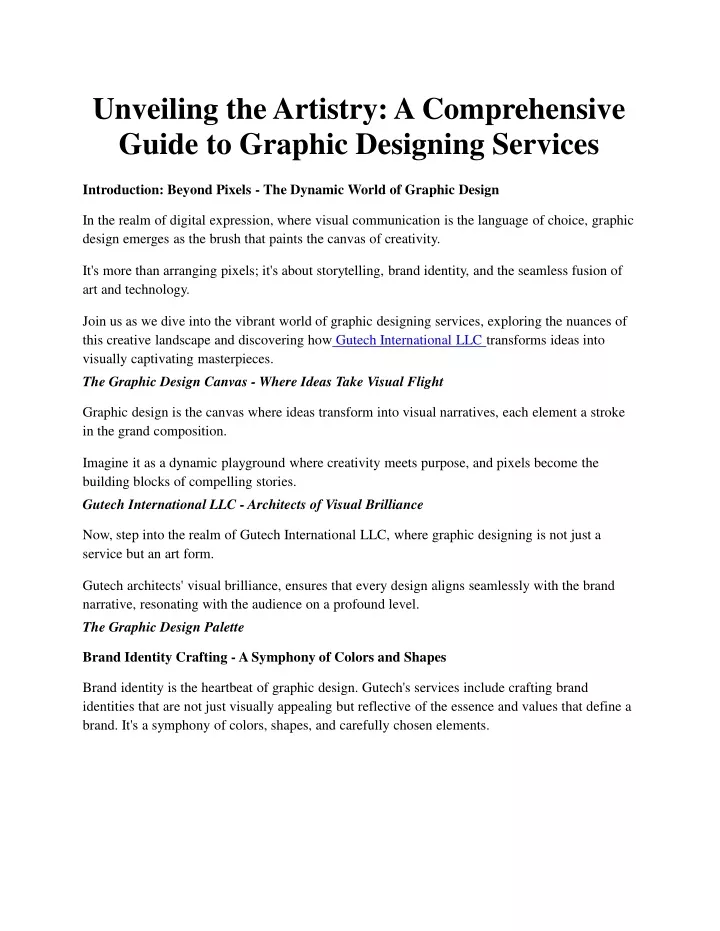
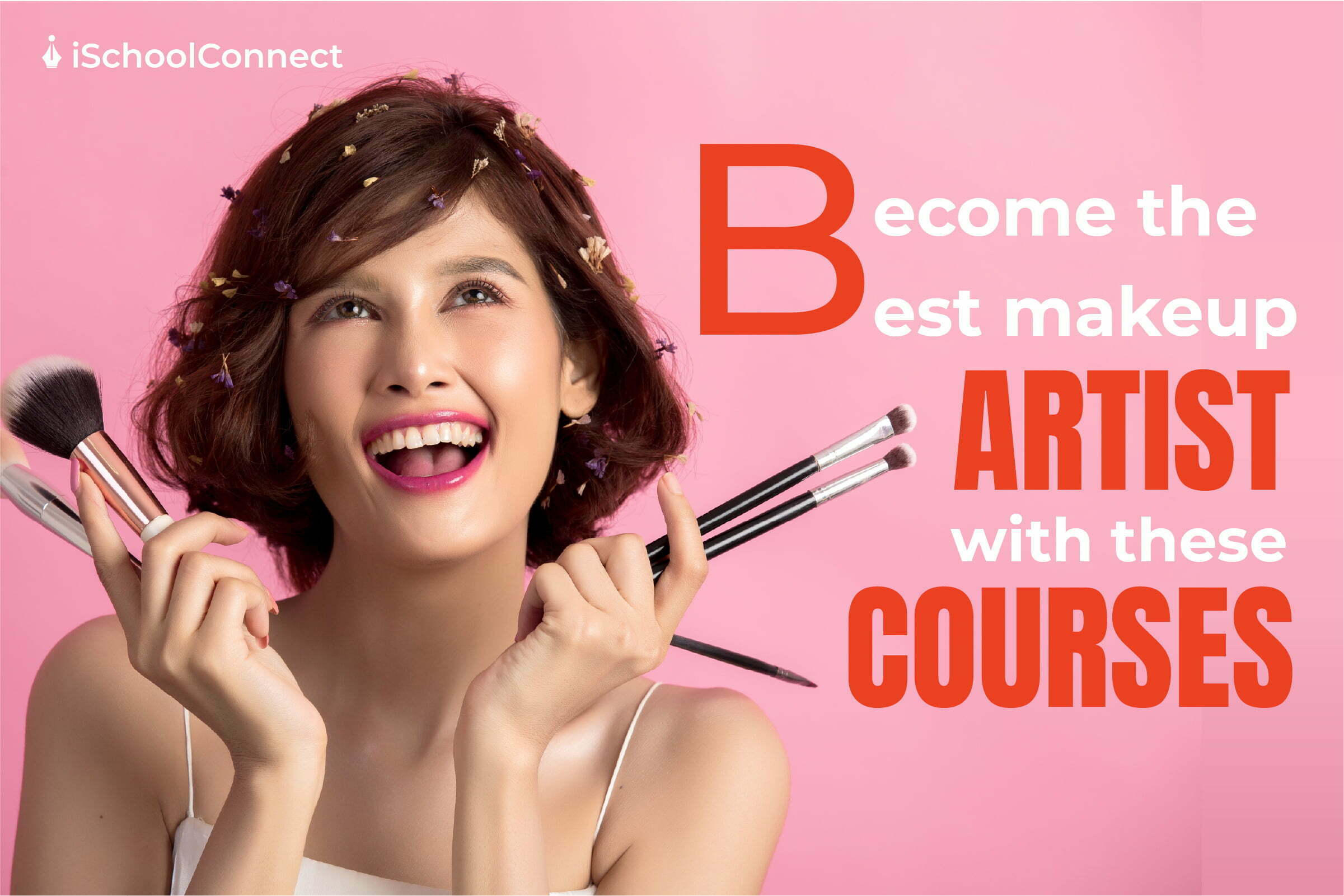



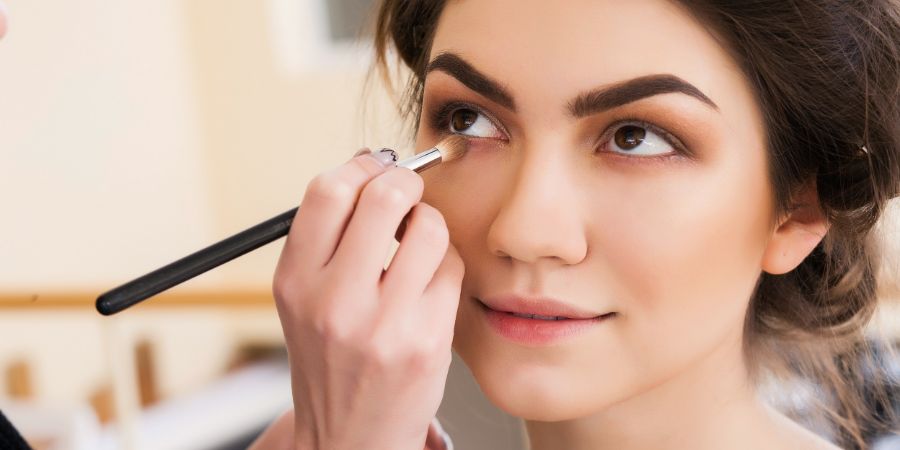

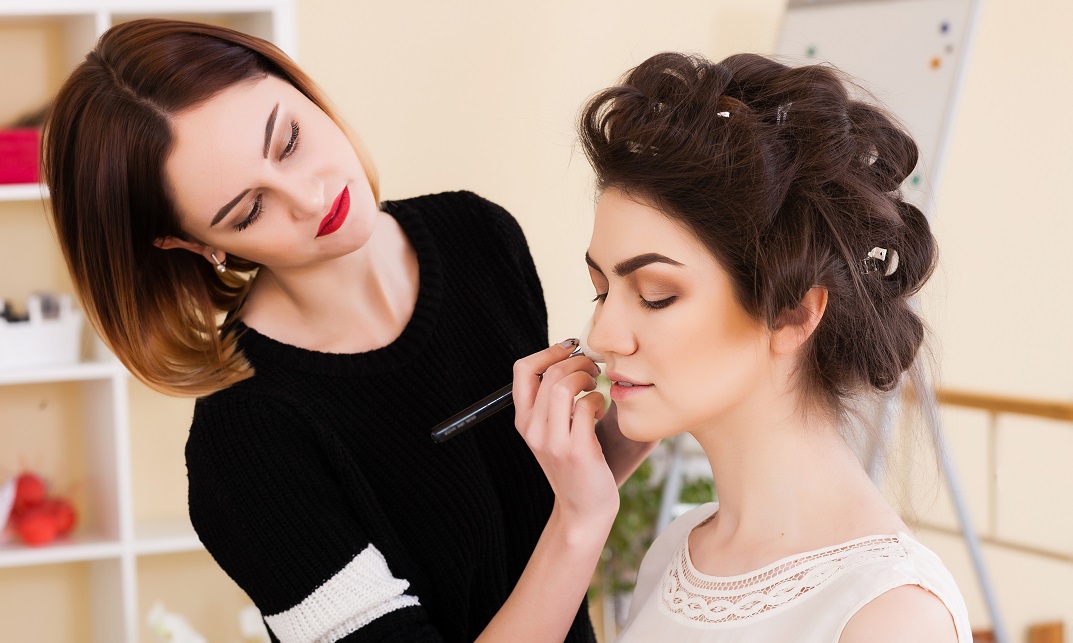
Closure
Thus, we hope this article has provided valuable insights into Unveiling the World of Makeup Artistry: A Comprehensive Guide to Courses and Career Paths. We thank you for taking the time to read this article. See you in our next article!
You may also like
Recent Posts
- Mastering The Art Of Eye Makeup: A Comprehensive Guide To The Color Wheel
- The Art Of Enhancement: A Comprehensive Guide To Makeup
- The Ultimate Guide To Makeup Bags For Travel: Organization, Style, And Essential Considerations
- A Guide To Makeup At Walmart For Kids: Exploring Options And Considerations
- A Comprehensive Guide To Makeup Brands Beginning With C: From Classic To Cutting-Edge
- The Ultimate Guide To Finding The Perfect Makeup Chair: A Comprehensive Look At Kmart’s Offerings
- Navigating The World Of Makeup For Sensitive Skin: A Guide To Finding The Perfect Fit
- The Ever-Evolving Canvas: Exploring Makeup Designs Through The Decades
Leave a Reply